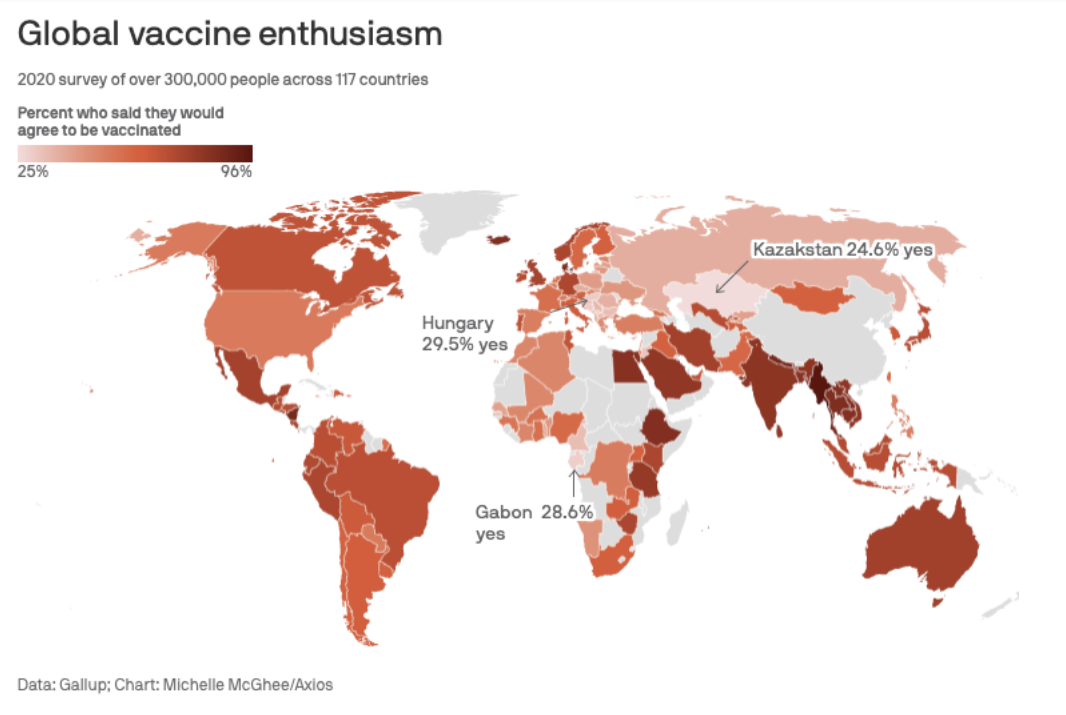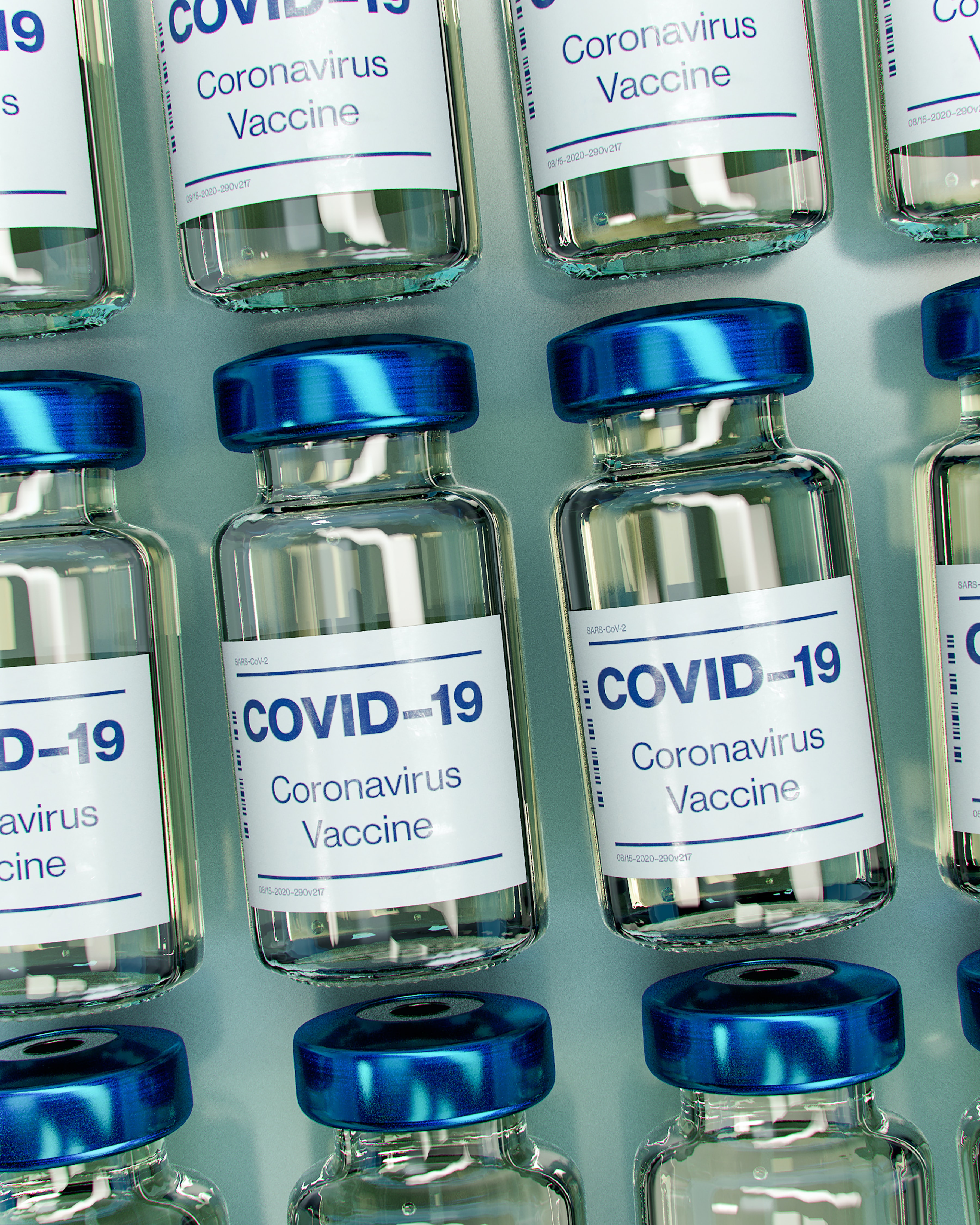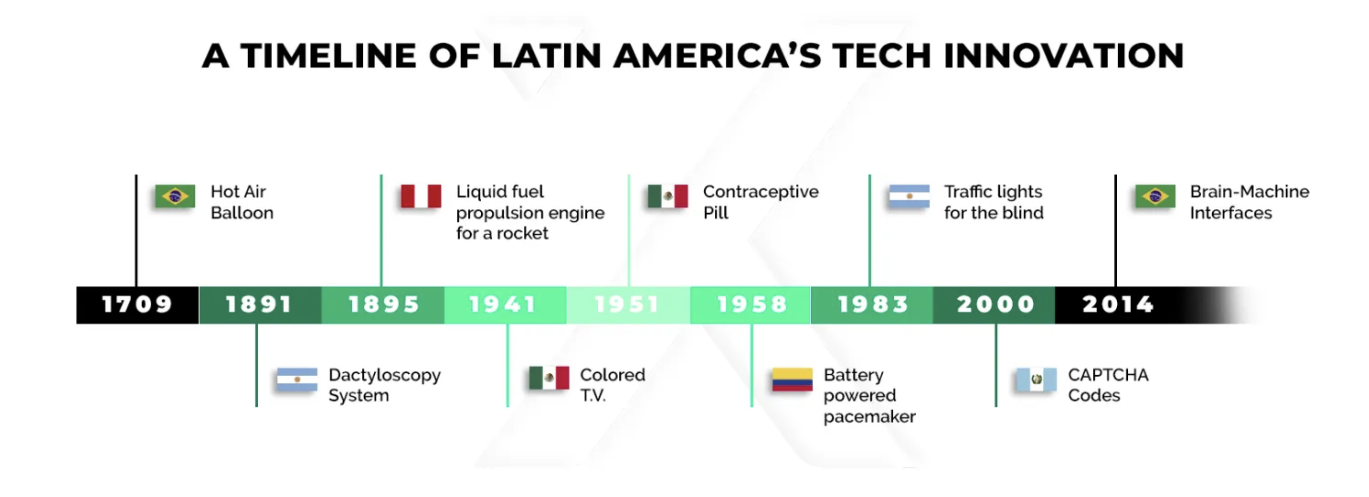AP Spanish Language 🇪🇸
54 resourcesSee Units
4.3 Innovations 💡👩🔬
Vaccine Development
The year 2020 will undoubtedly go down in the history books. Experiencing a global pandemic, switching to remote working and learning, and choosing between public trust or apprehension towards the CDC and WHO were all new concepts to nearly every generation in every country. Yet after only about one year of a pandemic, those experiences became normalized. In the meantime, scientists around the world were working around the clock to create multiple vaccines to combat the deadly spread of COVID-19.
Creating a vaccine in under 12 months is quite an accomplishment. In comparison, the mumps vaccine took 4 years to develop. So while the pandemic made new habits, such as mask-wearing and enforcing social distancing in public situations, it also created a global alliance for vaccine research and distribution.
However, the vaccine’s effectiveness means nothing if the majority of people choose not to receive it. On one hand, it’s amazing that the vaccine was developed in under a year so “normal life” can resume, yet on the other hand, many fear the vaccine was rushed or have other hesitations regarding its use, thereby making its availability meaningless.

Image and data from Michelle McGhee/Axios
Below is data from what COVID-19 vaccine hesitancy looks like in Spanish-speaking countries, as of May 3, 2021. As a comparison, in the United States, 52.9% of Americans would agree to be vaccinated.
- Mexico: 75% would agree to be vaccinated
- Guatemala: 71.3%
- Costa Rica: 74%
- Honduras: 70.3%
- Salvador: 75%
- Nicaragua: 86.8%
- Dominican Republic: 64.8%
- Venezuela: 66.1%
- Colombia: 69.8%
- Ecuador: 72.1%
- Peru: 73.3%
- Bolivia: 64.9%
- Chile: 60.4%
- Argentina: 63.1%
- Paraguay: 52.7%
- Uruguay: 61.2%
- Spain: 51.3%

Latin American Inventions
While you may not think of South America as a powerhouse continent for technological or scientific advances, it most certainly can be considered one. Latin America has given birth to some of the greatest inventors and innovators of all time. Moreover, Latin America has had a hand in some of the massive changes in the tech industry, such as liquid-fueled rocket engines and color television, innovations that shook the world when they were first introduced. Historically, Latin America has always been on the map.

Let’s zoom in on a few of the innovations below, but before we do, remember, Brazil is NOT a Spanish speaking country, so you should NEVER refer to it during the AP test (for example, during your comparación cultural).
- Dactyloscopy System (Argentina)
- 1981
- Created by Juan Cucetich
- Created special system for identifying people’s fingerprints
- Concept still used today for criminal investigations
- Liquid fuel propulsion (Peru)
- 1895
- Pedro Paulet
- One of the first scientists to draw up the concept of using liquid fuel for rockets, yet his ideas were not taken seriously at the time
- Still considered many as a founding father of astronautics
- Colored TV (Mexico)
- 1941
- Guillermo González Camarena
- Patented the first system that transformed television signals into color
- 1951
- Luis Miramontes
- Developed synthetic progesterone, the only Mexican scientist currently in the U.S. Inventors Hall of Fame
- Traffic Lights for the Blind (Argentina)
- 1983
- Mario Dávila
- Created a device that used sounds to indicate when it was safe to cross the street
- CAPTCHA Codes (Guatemala)
- 2000
- Luis Von Ahn
- CAPTCHA stands for “Completely Automated Public Turing test to tell Computers and Humans Apart,” AKA the code you have to type often on websites to prove you’re not a robot!
- La inyección - injection
- La cirugía - surgery
- El antibiótico - antibiotic
- Los primeros auxilios - first aid
- La receta - prescription
- El diagnóstico - diagnosis
- El tratamiento - treatment
- Brote - outbreak
- Cuarentena - quarantine
- Desinfectante - disinfectant
- Mascarilla - mask
- Pandemia - pandemic
- Organización Mundial de la Salud (OMS) - Spanish name for World Health Organization (WHO)
- Teletrabajo - remote working
- El virus - virus
- El avance - breakthrough
- La huella digital/dactilar - fingerprint
- Propulsión de combustible líquido - liquid fuel propulsion
- La píldora - contraceptive pill
- Marcapasos alimentado por batería - battery powered pacemaker
- Semáforos para ciegos - traffic lights for the blind
- Códigos - codes
- Burbuja artificial neonatal - neonatal Artificial Bubble
- La esperanza de vida - life expectancy
- Tiempo de recuperación - recovery time
- La ingeniería genética - Genetic engineering


Strive for Five Vocab 🔑
Covid Related Vocabulary
Science & Technology Related Vocabulary
Browse Study Guides By Unit
👨👩👧Unit 1 – Families in Spanish-Speaking Countries
🗣Unit 2 – Language & Culture in Spanish-Speaking Countries
🎨Unit 3 – Beauty & Art in Spanish-Speaking Countries
🔬Unit 4 – Science & Technology in Spanish-Speaking Countries
🏠Unit 5 – Quality of Life in Spanish-Speaking Countries
💸Unit 6 – Challenges in Spanish-Speaking Countries
🙏Exam Reviews

Fiveable
Resources
© 2023 Fiveable Inc. All rights reserved.